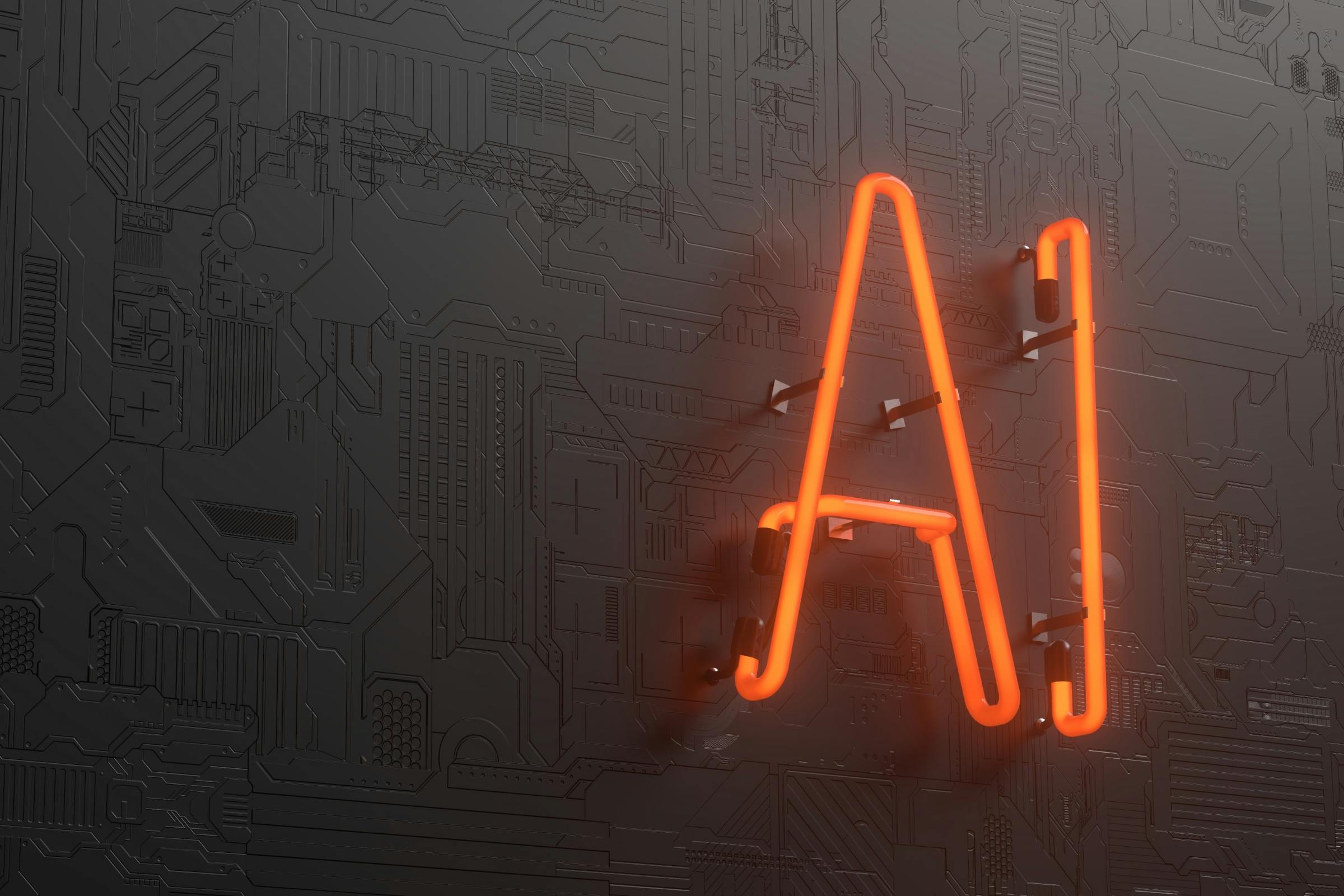If you plan on immigrating to the United States, or applying for a green card from within the United States, you will most likely need to undergo a medical screening for admissibility purposes. Your health screening by a verified physician is very important not just for the purpose of being vaccinated against infectious diseases, but also because the health screening takes into account other health issues that we haven’t previously touched upon.
As such, this blog will be dedicated to better understanding other ways that you might be found inadmissible (or might not be) to the United States based on mental or physical health issues, or communicable diseases, which we will define shortly.
What to Expect
In your health screening, a verified physician will ask you several questions pertaining to your health history. You can get an idea of what is going to be asked through looking at the I-693, Report of Medical Examination. This includes if you have been a habitual drinker or drug abuser, whether you have any mental health disability at any point in your life, or whether you have any other type of communicable disease.
Applicants should note that you can’t be found inadmissible to the United States for having issues like anxiety or clinical depression. This is not an ethical practice. But applicants who have a history of a mental health issue combined with a record or hurting themselves or hurting other people in relation to their condition could be found inadmissible. The matter becomes more serious if the applicant has a driving under the influence (DUI) on their record because the medical professional might associate the wreckless behavior with your condition. If you are applying for an immigrant visa or a green card in the U.S., make sure that you let the physician know that you have a clean record and that you manage your condition in a healthy way through seeing a therapist or other means that show you are not any type of health hazard.
Communicable Diseases
In addition, communicable diseases become a point of concern when immigrating to the U.S. because of the perceived or however real threat of infecting others. Communicable diseases are generally defined as illnesses caused by viruses or bacteria that people spread to one another through contact with contaminated surfaces, bodily fluids, blood products, insect bites, or through the air (CDC, 2021).
Depending on the country you are from or have lived for most of your life, a physician will definitely ask you if you have ever, or are currently infected with any type of CD. Again, this depends on the region of the world you live in or are from. For example if you are a Brazilian citizen, and were trying to go through consular processing in 2015 during the major Zika outbreak, Zika became a huge point of concern not simply from a national standpoint, but also from an international standpoint and for U.S. immigration. The perceived risk of bringing Zika into the U.S., or asking visa applicants if they had travelled from Brazil in the last 14 days made screening for Zika during medical exams a major priority.
Other communicable diseases include TB, which is more prevalent in a number of Asian countries, as well as any novel or pandemic flu. If the physician is conducting a chest X-ray during your visit, it is most likely to scan the patient for any signs of a communicable disease.
One point to note for any applicant is that HIV has been moved off of the list of communicable diseases that can bar non-citizens from being inadmissible to the United States. If you have contracted this virus, you are still admissible to the United States granted everything else in your medical exam goes well.
Covid-19
In addition, getting vaccinated against Covid-19 will help all consular processing applicants seeking to enter the United States. The DOS does currently not have any policy that international travellers need to be fully vaccinated in order to board an aircraft to the United States, however a negative Covid-19 test needs to presented to the airline that was taken no later than 3 days before flight departure.
If you are fully vaccinated, the risk of presenting a positive Covid-19 goes way down, so by getting fully vaccinated (and building immunity), you are ensuring that you will have an extremely low chance of receiving a positive Covid test before departing to the United States and therefore won’t have to deal with health related problems of inadmissibility.
Additional Link: https://travel.state.gov/content/travel/en/international-travel.html














